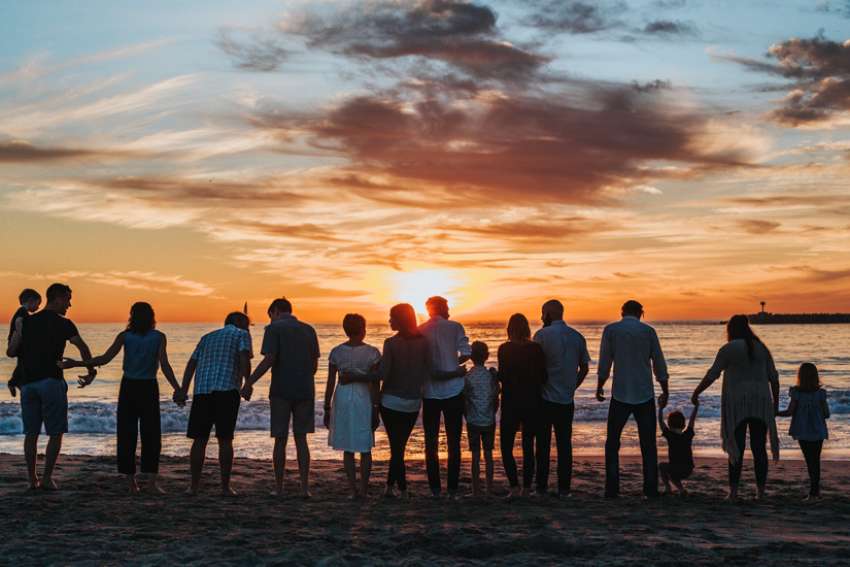“Parenting is sanctifying,” she said. “And you sound burned out.”
I’ve always said the same things you have likely also said about how single parents are heroic while doing a difficult job. But a mere four days in, I was living it in my bones.
On occasion, as someone who has examined family policy for over a decade, I’m asked whether any of my positions have changed after having a child. They have not. My thoughts about lone parenting remain that we should work on targeted financial support to decrease poverty and, importantly, increase a culture of supportive marriage and family such that we decrease the possibility of it happening in the first place. What has changed is that my empathy and concern have risen exponentially as I experience the challenges of dual parenting.
Canadian census data released last month tells us that about 16 per cent of families are solo parenting every day. Roughly three quarters of those lone parents are women. The terminology changed from “lone parent” to “one parent” but the percentage is about the same as the previous census.
If I were to hazard a guess as to why the census now refers to “one parent” rather than “lone parent,” it would be because they don’t wish to place any stigma on this family status. Lone implies the loss of the other, where “one” is a neutral number. If that’s so, then it diminishes the reasons why one-parent families are heroic.
Lone parenting is lonely and can be isolating. I met a single mom in the park recently, and as is sometimes the case, we were able to have a good chat while our kids played. She has a good job, so money wasn’t her chief concern. But, she said, she never gets a mental break. “I do when we visit my parents,” she offered, “but they live far away and we don’t go that often.” Both joys and burdens get better when shared.
Helping with the loneliness of lone parenting also finds no easy government remedy. More and more, I see the limitations, or at very least the opportunity costs, of government intervention. Paid staff obviously do admirable work, but only during work hours. It often feels as though other solutions have become invisible.
At this point the work of Safe Families Canada needs a shout out. With chapters in many Canadian cities, Safe Families works through local church communities to help before child welfare services may be needed. The beauty of this charity is that they envelop a family in a supportive network. Children can live in a vetted, approved home for short- to medium-term duration, but the parents also get a family friend to call for support should they so desire.
Safe Families was started in Protestant churches, but it’s a perfect fit for Catholics, too. Some people who take children in to their homes via Safe Families say it’s actually an easier way to volunteer, because rather than adding another task to an already busy week, a child joins in with what they are already doing.
Here’s the rub: I may have confessed to a father older than myself, who may also be the Editor at The Catholic Register, about how I was exhausted with my husband away. I suggested that discussing single parenting and honouring those who do it always is a column idea. He replied that he was also exhausted because his 30-something year-old children were visiting. If children are so tiring from newborns through to adulthood, and we are dual parenting, then we need to be broadly more proactive with every single family we meet. Those of us with energy for a moment, helping those without. And then switch.
Finding community has been the bane of my lifetime. It’s difficult and evasive even at the best of churches, in the best of schools, with the strongest of families. It cannot be contracted out, paid for or provided by a bureaucrat. What it means to return to community that works for more of us will start with me changing myself, helping more and expecting less of government in the myriad of different crises we all face at some point.
(Mrozek is Senior Fellow at Cardus Family.)


